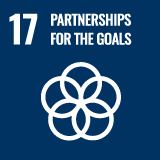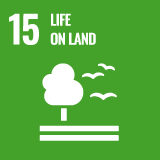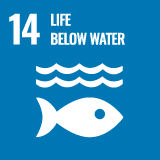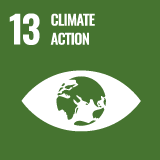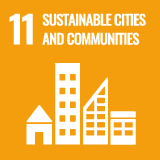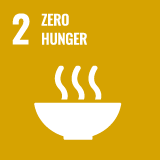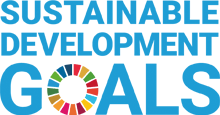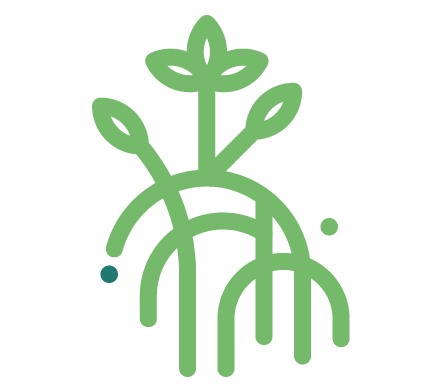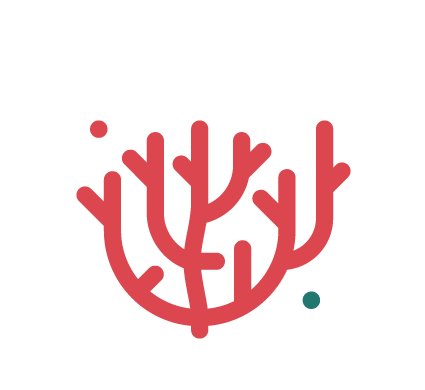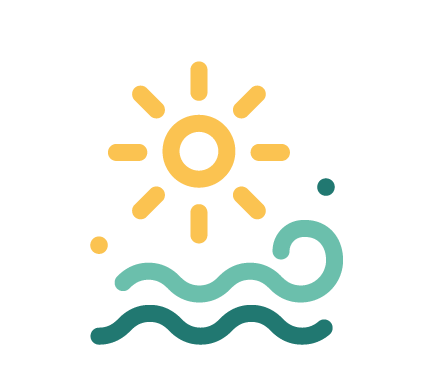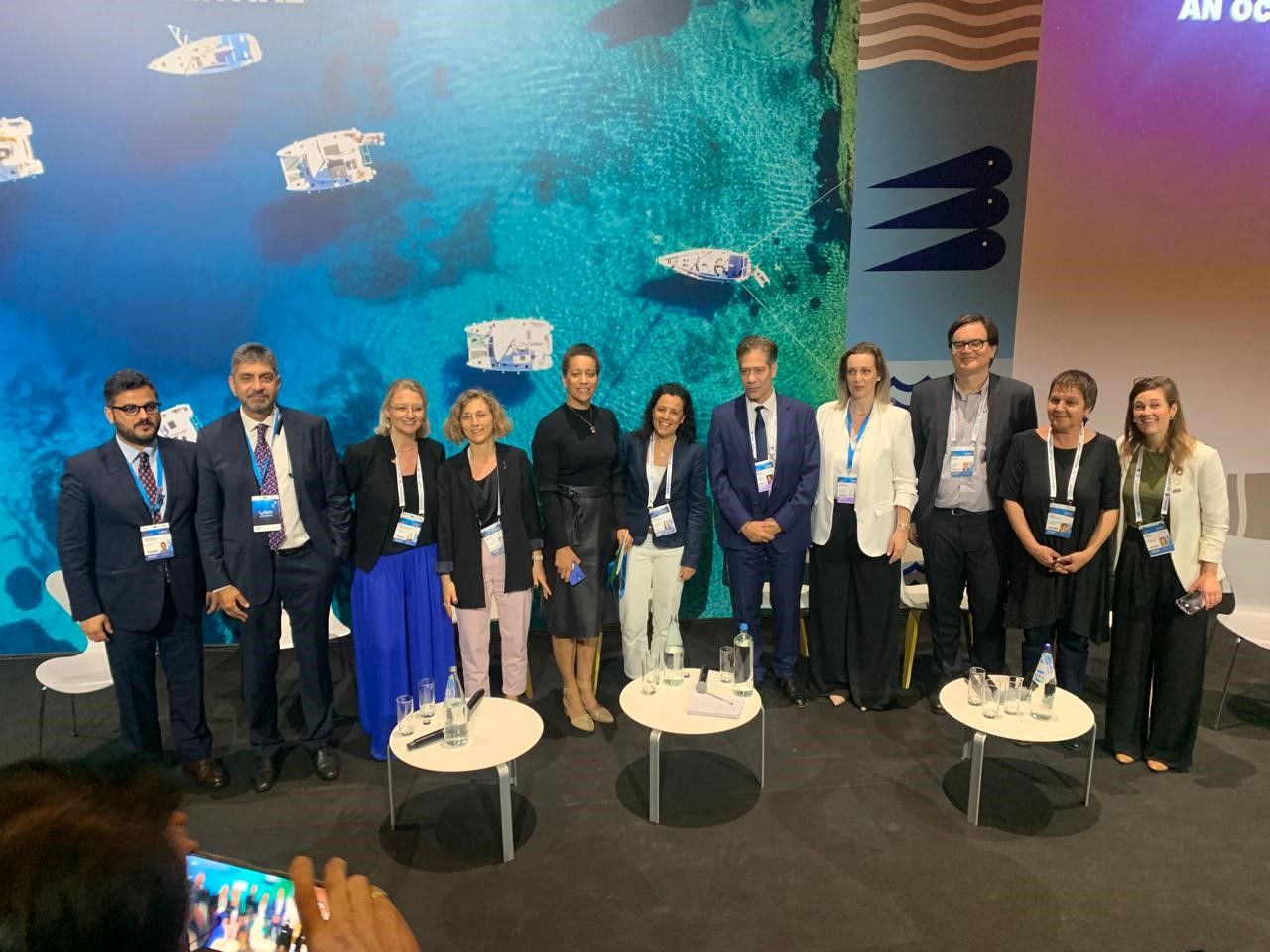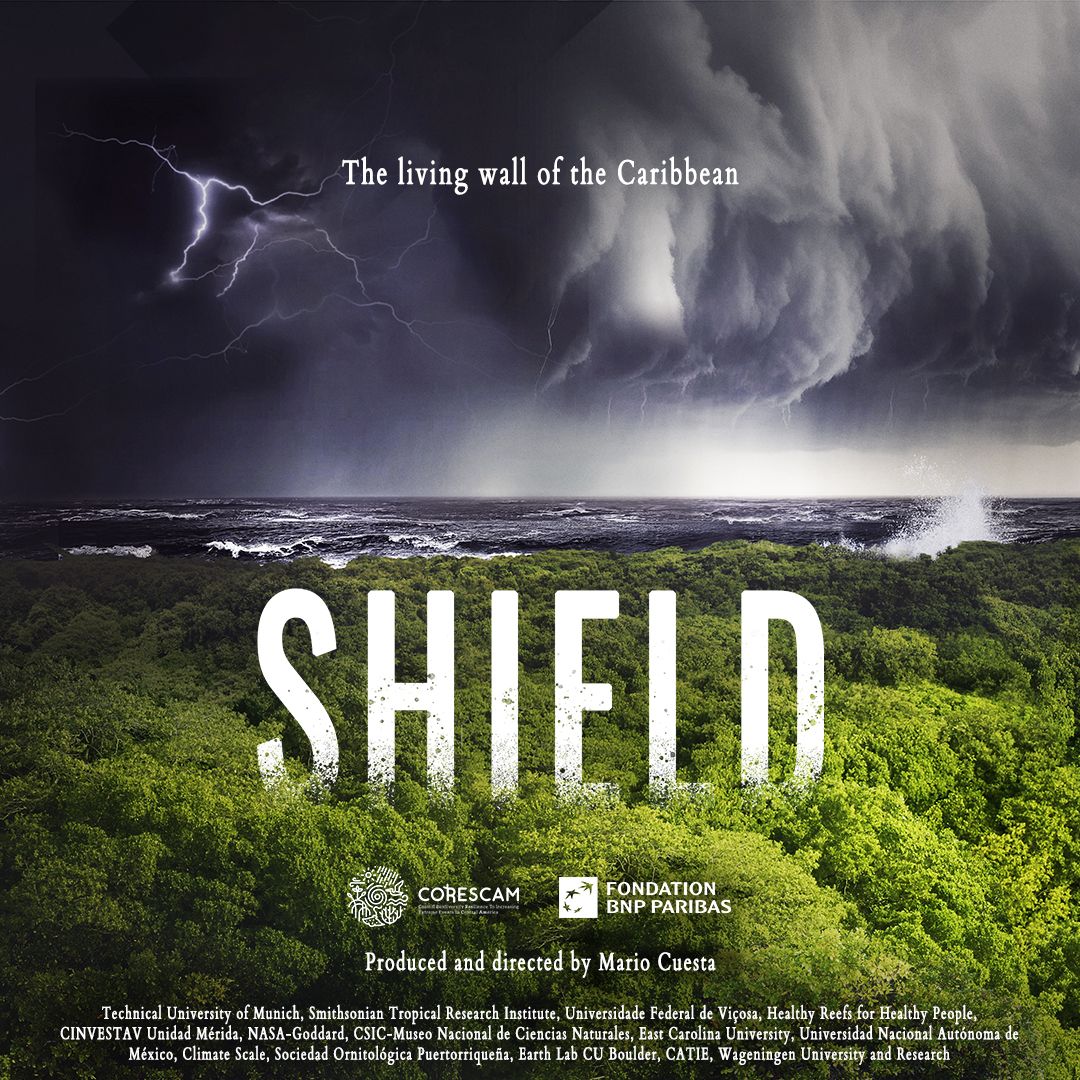The responses of mangroves and reefs to increasing extreme events in Central America and the Caribbean
What is CORESCAM?
CORESCAM is a research project that studies the stability of the coastal and marine ecosystems of Central America and the Caribbean in view of the increase in extreme climatic events (hurricanes, droughts, ocean heat, floods). Extreme events have been present in the region for centuries but have become more frequent and intense over the past forty years. We are, therefore, in the midst of a new climatic reality.
Mangroves and coral reefs are the reference ecosystems for the CORESCAM studies. Both systems have been threatened since the 1970s by overfishing, the overexposure of reefs by divers and by a surge in tourism, leading to the removal of mangroves to make way for hotels. The survival of mangroves and reefs may be compromised if the new climate reality is added to these pressures.
The objective of CORESCAM is to analyze whether the recovery capacity of mangroves and reefs has been altered after the extreme weather events from the period between 1980 – 2020 taking the current tourist and climatic pressure into account. For that purpose, the response over time of four coastal and marine communities will be evaluated: mangrove forests, coastal birds, corals, and reef fish communities.
In an endeavor involving ten different institutions, CORESCAM aims to understand if the new climate reality in the Caribbean requires urgent conservation actions on these coastal and marine ecosystems and to transfer this information to decision makers in the region: governments. By managing the good health and survival of these ecosystems, we favor the protection of local societies and the Planet.
Select your ecosystem
click here


















Learn more about CORESCAM's core components
Last news
After a catastrophic 2023 Caribbean bleaching, mass bleaching
https://www.youtube.com/watch?v=jU6DZz2hVFg
Shield
Coming soon: CORESCAM miniseries.Directed by Mario Cuesta, CORESCAM has produced a three-chapter...
CORESCAM participates in the following Sustainable Development Goals
